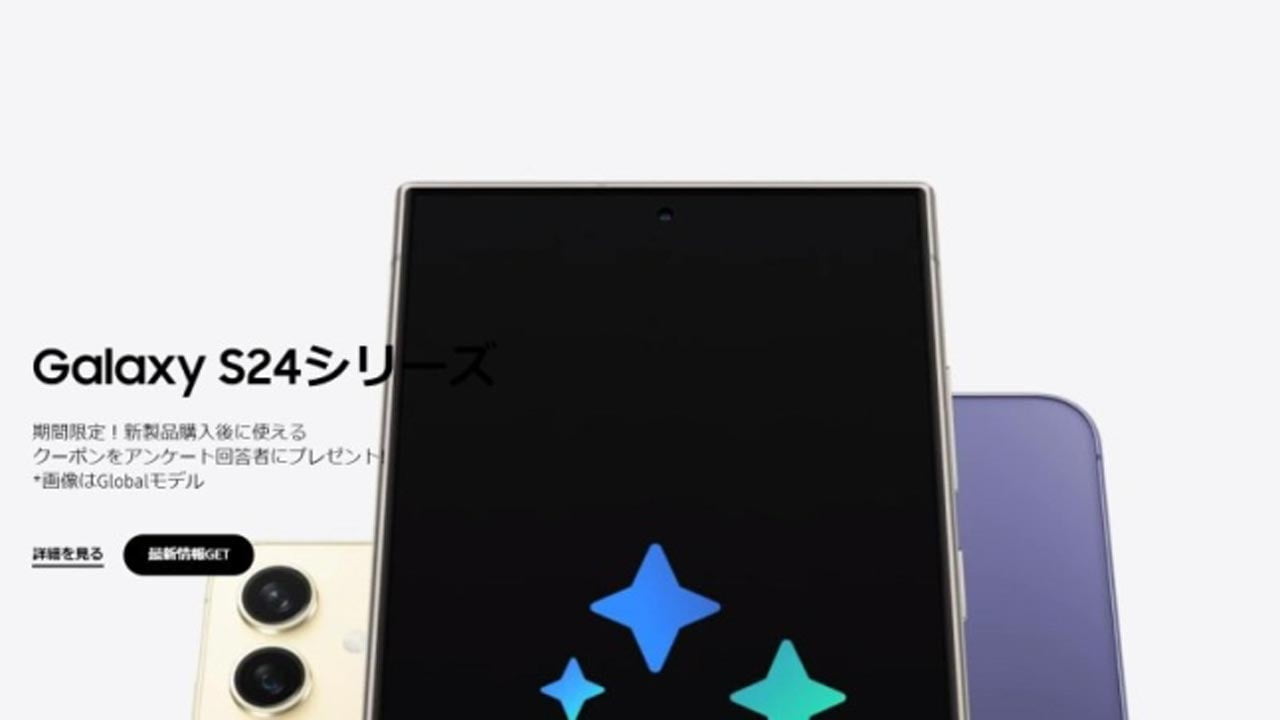Samsung To Japan, Apple To China Big 2 Smartphones Targeting Rough Terrain

Samsung To Japan, Samsung Electronics is aiming to rebound its market share in Japan, where sales are sluggish, by leveraging artificial intelligence (AI) smartphones. Apple, which is facing a crisis due to China’s policy of focusing on domestic companies, is also seeking a way out by breaking away from building its own ecosystem and collaborating with local companies such as Baidu.
Galaxy S24 recovers Japanese market share.
According to the industry on the 25th, Samsung Electronics will hold a local unpacking event for the Galaxy S24 series on April 3. Samsung Electronics unveils new products in the Japanese market, where it has relatively little influence, with a lag of 1 to 2 months from unpacking. There is interest in whether this launch will lead to a rebound in Samsung Electronics’ market share in Japan. Previously, Samsung Electronics briefly returned to the 10% market share in the second and fourth quarters of last year. It is interpreted that the launch of the Galaxy S23 series in April had an impact. However, after that, the market share fell back to single digits.
As the first AI phone Galaxy S24 series is released in the second and fourth quarters of this year, we are expecting a double-digit rebound in market share. This is because the Galaxy S24 series recorded greater interest and sales than its predecessor in the global market when it was first released. However, the key is whether Google’s rebound, which is causing a stir within the Android ecosystem, can be broken.
According to IDC, Apple’s market share in Japan last year was 51.9%, while Google’s market share also grew from 1.5% in 2022 to 10.7% last year. On the other hand, during the same period, Samsung Electronics’ sales rate decreased by about 39%, and its market share decreased to 6.3% last year.
Will Apple follow in Samsung’s footsteps in China?
Apple, a competitor of Samsung Electronics, has been hit hard by the Chinese market with a population of 1.4 billion. This is because Apple iPhone sales continue to decline as the Chinese government continues its national market policy.
There is also a possibility that it will follow in the footsteps of Samsung Electronics, which recorded up to 20% in China in the 2000s. Samsung Electronics suffered damage from political conflicts between Korea and China, including THAAD, in the 2010s, and its current market share has fallen to around 1%. There are predictions that Apple may also take a direct hit from the aftermath of the recent US-China conflict. Weekly iPhone sales in China are known to have dropped by 10,000 to 20,000 units in February and March of this year.
Accordingly, Apple, which has maintained its own ecosystem path, is considering cooperation with local companies, such as installing Baidu’s AI model on the iPhone even before announcing its own AI software.
It is in this context that Apple CEO Tim Cook visited the region. An industry official said, “The Chinese market is more important to Apple, which has maintained a market share of around 20% than to Samsung, whose market share has already fallen significantly. If the policy to exclude foreign chips and software and create a Chinese IT ecosystem is strengthened, the Chinese market will increase significantly.” In addition, it will have a significant impact on global sales.”
See More:
Intel And AMD Excluded From Government Agencies China To Phase Out US Semiconductors
Samsung Galaxy S24 Ultra Second Camera Update Next Month
The US Economy Doing Well WSJ Things Will Change Soon
Musk’s SpaceX Expands Spy Satellites 2 Trillion Won Contract With U.S. Government
Leave a Comment